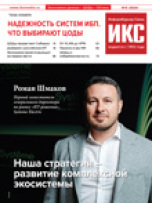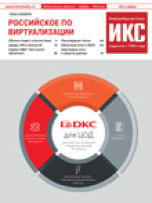| Рубрикатор |  |
 |
| Все новости |  |
World News |  |
 |
Rising costs hit laptop makers
| 08 мая 2008 |
Retail prices for laptop computers are set to rise as contract manufacturers move to raise prices for the first time in the face of soaring raw material and assembly costs.
Quanta, Compal and Wistron, the world’s three largest notebook contract manufacturers by output, are in talks with their customers – branded computer vendors such as Hewlett-Packard, Dell and Acer – on how to share the burden of rocketing prices for key materials. Labour costs in China, where the manufacturers have their main production bases, are also rising.
“We will be raising prices for the first time,” said Ray Chen, chief executive of Compal, which expects to account for 25 per cent of the global market this year.
“In the past, we [the contract manufacturers] were always forced to absorb upward price pressures. But 95 per cent of the industry is controlled by Taiwanese manufacturers, and the prices for key materials such as copper and plastic resin and the cost of labour in China have been rising so much that it doesn’t make sense for us to continue lowering prices.”
Analysts said higher costs would probably be passed on to consumers very soon.
Quanta, Compal, Wistron and their smaller peers design and assemble most notebook computers, which the leading PC companies sell under their own brands.
Over the past decade, the Taiwanese contract manufacturers have seen their profits squeezed following consolidation among the branded vendors.
The Taiwanese manufacturers have called for price rises following past surges in cost, but never managed to get their customers to agree.
Now, however, several of the branded PC companies have agreed to share part of the burden, recognising that the entire supply chain is clamouring for price rises, according to executives at the notebook manufacturers.
“This time, the industry can make a case because makers of components such as batteries, panels or memory chips, which in some cases the branded vendors source directly themselves, are sending the same message,” said Chris Wei, an analyst at the Institute for Information Industry, in Taipei.
The main pressures are from soaring prices of cobalt and nickel, used in rechargeable batteries, as well as new labour laws and tax rules in China which have driven manufacturing costs up.
Источник: Financial Times

















Оставить свой комментарий:
Комментарии по материалу
Данный материал еще не комментировался.